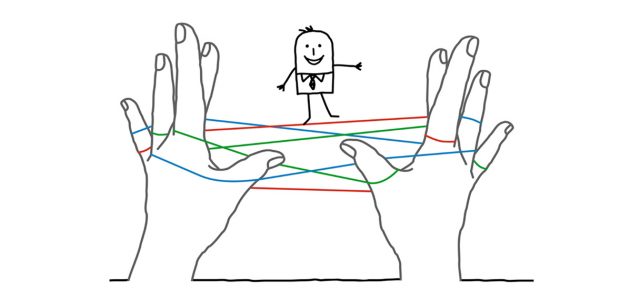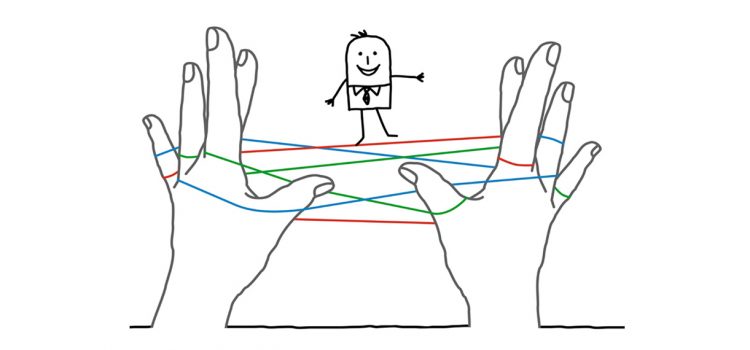

Trust is fundamental for networking
Knowledge 7 February 2017 Witold Antosiewicz

Networking is an integral part of any effective sales process. It is (or at least should be) used at many important stages of this process – starting from searching for clients, through negotiations, evaluation and, provided that all preceding stages have been successful, to generating further recommendations.
Do you work in sales? Are you a consultant? Do you work with businessmen or sales teams? Most entrepreneurs are already aware of the simple truth that business is above all based on relations. To build a solid relationship, one should first try to make an appropriate first impression and then consistently build trust. The process of building a proper relationship consists of a number of stages, passing through which will guarantee leading the acquaintance towards a goal that we want to achieve. Let’s assume that our objective is the sales of services.
Many people concentrate on the technical and substantive aspects in a conversation, but forget about a crucial thing: for the other party to listen carefully and really take note of your advice and guidance, and ultimately decide to buy your product, you must be able to focus on your interlocutor and his/her actual needs. Having the right mindset – shifting the interest from yourself to the other person, controlling your ego, believing in your product and being self-confident provide a good ground for a good business relationship.
Based on non-verbal communication signals, the other party will know that they are talking to a competent person focused on help. Unfortunately, I know many examples when excessive ego and lack of acceptance of the differences in the other party’s viewpoints undermined transactions. This is to do with the ability to concentrate on the advisory/consultation process instead of the awards or penalties connected with the solution. Ignoring who will get credit can be more beneficial. I often see this among young CEOs of small companies with only a handful of employees or individual entrepreneurs who decided to manage their own business and assume responsibility for the major portion of commercial matters. Here I must admit that women approach the issue of business relations more carefully and with a better understanding, often giving priority to the needs of others. If such behaviour results from a conscious choice, the development of such a relationship will be successful; if, however, it stems from the upbringing, such a relationship will not necessarily be mutually beneficial. Remember, you will get a good and loyal customer once he is convinced that you understand him, respect his values and know his needs.
Orientation towards another person by no means denotes a servile attitude or renouncing one’s values or views. On the contrary, your customer will appreciate your self-esteem, since he is looking for a confirmation that you are highly professional and are confident about the accuracy of your advice and guidance. Lack of self-confidence or the inability to signal that you have it often constitute an obstacle to building trust efficiently. Your credibility could then become questionable. Prior to proposing solutions to your customer, make sure that you know all his problems or challenges and that your understanding of those is in line with his, in other words, whether your customer feels himself clearly understood. Solutions that are proposed too rapidly and unskilfully can produce a bad impression of chaos and lack of competence. The best salesmen in the world do not focus on the sale as such, but rather act as trusted consultants of their customers.
This approach places them in the top 10% of the best earning persons in their industry! Your task is to unite with the customer against the common enemy, the problem that you are trying to solve. It is not a role for insecure, weak individuals. You probably know the principle that you must first get to know your enemy well in order to defeat him. Your curiosity will help you in this. Each situation is different, even if you have the impression that the problem your customer is tackling is a regular one. Don’t fall prey to routine, ask questions and analyse the answers like a shrewd detective to grasp the cause of the situation. Not only such an attitude will bring you faster to the effective solution, but it will also convince the customer to the level of your commitment.
Increased confidence in you as a person will automatically lead to the increased confidence in your advice, suggested solutions as well as products, whereas each common victory will solidify your relationship and bring it to a higher level. And that is what I truly wish you.







